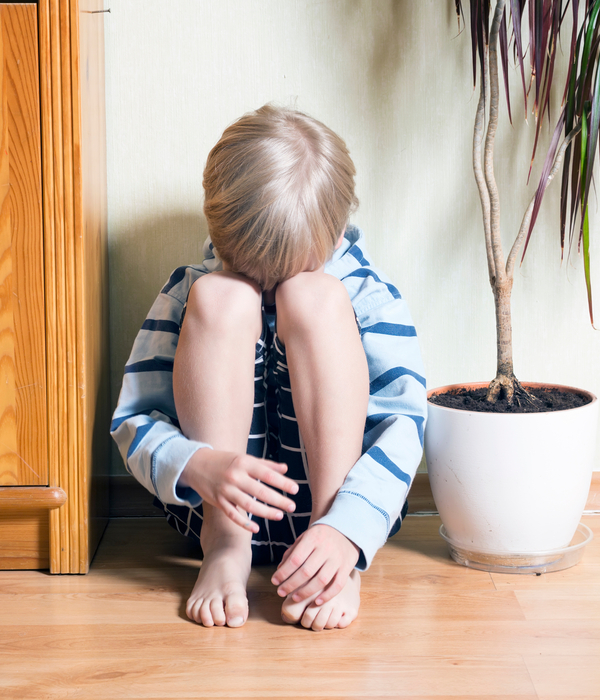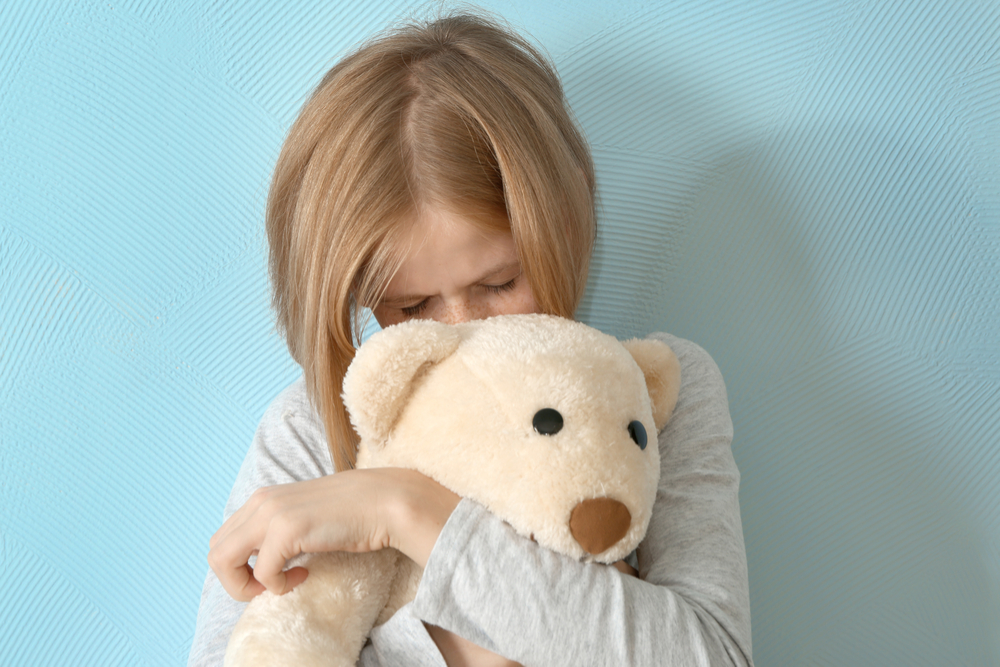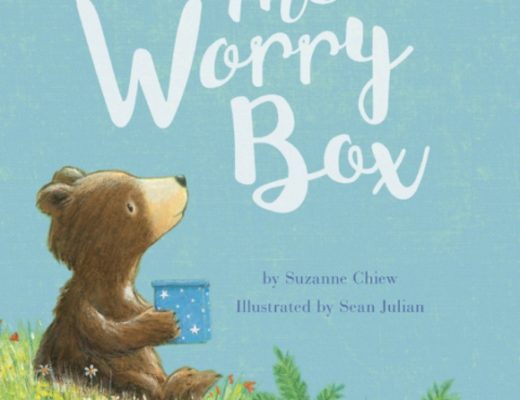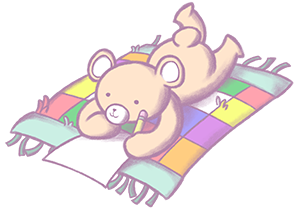By Janis D. Gioia, MAEd.
May is Mental Health Awareness Month.
A child psychologist and friend of mine recently shared a letter written by a child with mental illness.
(Don’t worry: she abided by HIPAA and didn’t share the child’s name or any identifying information. She also secured permission from the child and her parents.)
The child (who is excited and proud to have her letter published) is 11 years old and diagnosed with Generalized Anxiety Disorder, Agoraphobia, Social Anxiety Disorder and Depression.
That’s a lot for anyone to deal with, especially a child.
My friend asked me to publish the letter because she believes Mental Health Awareness Month primarily focuses on adults with mental illness.
However, most adults say their mental illnesses began in childhood but were never treated.
Fortunately, mental illness is getting talked about more lately.
When celebrities share their personal struggles with mental illness they bring attention to the disease and rays of hope to others who suffer in silence.
Last year Prince Harry disclosed that he has struggled with panic attacks.
DeMar DeRozen of the Toronto Raptors has shared his struggles with depression and anxiety.
And Kevin Love, of the Cleveland Cavaliers, recently wrote an honest and heartfelt essay, “Everyone is Going Through Something” about having a panic attack in the middle of an NBA game this past November.
Mr. Love says, “Everyone is going through something that we can’t see.”
That’s such an important point.
Despite the number of people who struggle with mental illness, most fight their battles alone.
No one sees their inner struggles, and stigma often keeps them from seeking help and support.
That needs to change.
My friend said, “Please publish this child’s letter on your website. Having empathy helps us support and nurture those with mental illnesses.”
Adults and children alike.

Here is the letter from a child to her parents.
This could be any child, anywhere.
Maybe even yours.
Dear Mom and Dad,
My homework from therapy this week is to write you a letter telling you what I wish you knew about my mental illness.
I don’t have words for most of how I feel, but I will try.
I wish you knew how scared, sad and lonely it makes me feel.
I wish you knew that I wish I was like my sister and brothers who aren’t afraid of things.
I wish you knew that I am embarrassed at having mental illness and I wish I was like other kids who don’t have it.
I wish you wouldn’t push me sometimes to do things I am afraid of. That only makes me feel more scared and trapped.
I wish you didn’t act like I am a problem. Sometimes you look like you are annoyed with me or with the extra trouble I cause.
I don’t mean to. I don’t want to.
More than anything, I want to be normal.
But I don’t know how. I can’t stop the feelings that race through my mind and make me feel like someone else.
I want you to love me, even the parts of me that are scared and sad and messed up. Those parts need the most love, because I hate them in myself.
Most of the time, I hate being me.
I know I’m not fun and happy like my little Sissy, but I wish I were.
I hurt so much inside.
It keeps me up at night.
When I wake up it’s waiting for me.
I wish you knew that mental illness feels like a monster inside of me I fight every day. And I wish he would go away.
Sometimes I feel bad that you got me for your kid because I know I make things harder for our family.
I am sorry for all the times I let you down. I let myself down too.
I love you.
Love, Me

What you can do now:
Let your child know that everyone struggles with mental illness, even Princes, NBA players, movie stars and other famous and not-so-famous people.
Let them know that they are not alone.
Mental illness affects everyone, everywhere without respect to age, income, occupation, fame, religion or any other qualifier.
If your child is old enough share this letter. Or read it to them.
Let it spark a conversation. Share it with your spouse, your other children or other important adults in their life.
You don’t have to disclose your child’s struggles if you don’t feel it’s appropriate…but sharing this letter may open the eyes of a coach, classroom teacher or relative.
Talking about mental illness helps remove the stigma, making it less like the monster they believe it to be.
Get your child the help they need.
A child psychologist told me that parents often feel the stigma and are embarrassed by their child’s mental illness.
They think it’s their fault, that they are bad parents, and they don’t get their child the help they need.
They think “it” will go away if no one talks about it.
But it doesn’t. It usually just gets worse, and to the child becomes a “scary secret” they feel forced to keep.
For ways to talk about mental illness visit Bring Change to Mind. They have great resources (more for adults and teens, but still helpful) to help you get the conversations started.
Last year I interviewed Bring Change to Mind board member Dr. Bernice Pescosolido for an article on mental health stigma.
More ways to help your child with anxiety and mental illness read:
Check out CAC’s FREE Product and Resources Guide:
Sign up with your email to download Comfort Your Anxious Child Now, another Free Resource.
Wishing you peace,
Jan

By signing up, you’ll also receive your free guide with 20 ways to comfort your child…mind, body and spirit.







 in Ohio
in Ohio
6 Comments
Wow, what a great message. I personally have “suffered in silence” from OCD and anxiety, and this article motivates me to make sure my kids and friends will never feel the same way. I do think that people sometimes look pay children and teenagers who suffer from these things too quickly, but no matter how old you are it matters. There are way too many options to choose from for healing rather than letting yourself or someone else suffer. Thank you, Jan!
Thank you for the kind words. I’m sorry you have z’suffered in silence” with OCD and anxiety. I’m glad you found the article helpful, and I wish you the best.
So important to share this, Jan. Many people may feel like this little girl at different times throughout their lives, well into adulthood. It’s so important to just even acknowledge these feelings in children. Just knowing they are loved and that their family is there to help them cope and get help, even though it may be a long process and may look only a little brighter each day, can bring some healing and hope to anyone suffering these issues. So good to draw attention to mental health in people of all ages, young and olde alike.
Thank you so much for your insight. Yes, acknowledging these feelings is so helpful. Thank you for visiting Comforting Anxious Children.
Oh. My. Gosh. That letter was so emotional and powerful! I teared up reading it! What great insight for not only that child’s parents, but all of us! Thank you for sharing that. I think every teacher should read this letter!
Thank you so much. The letter is very touching. I think every teacher should read this letter, too. Please share the article with any and all teachers you know. Peace, Jan